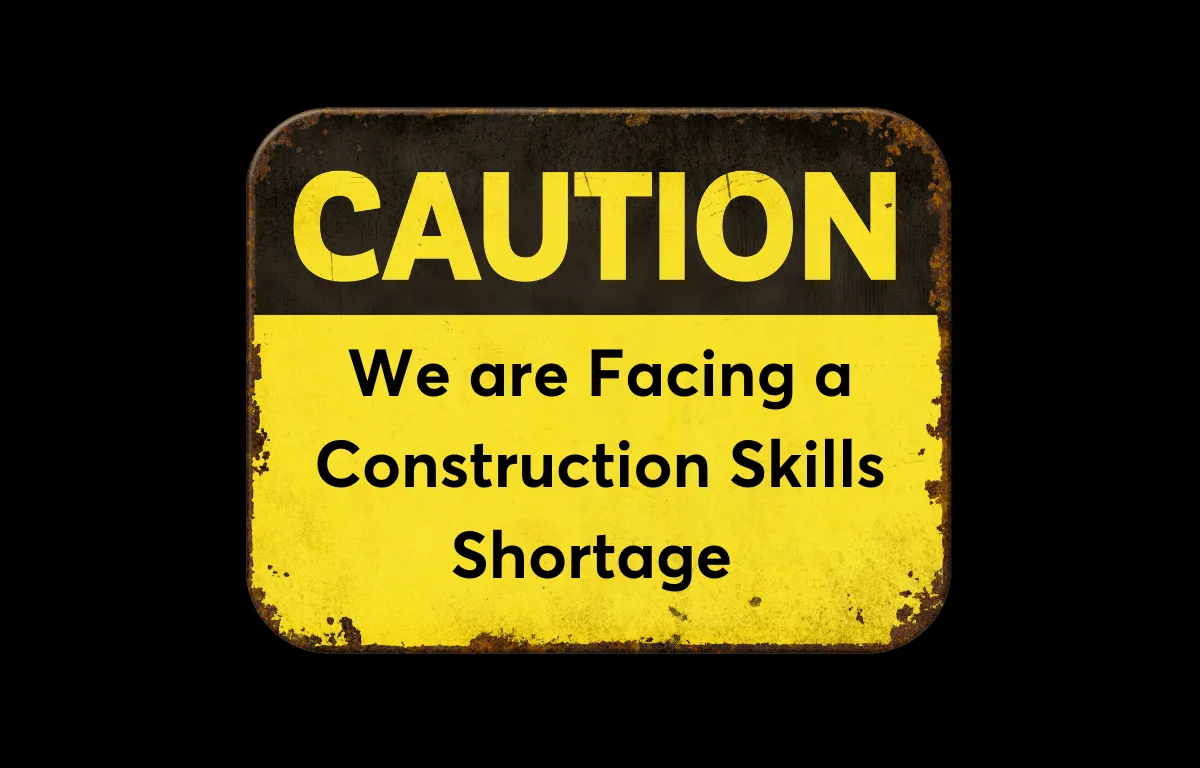
Construction Skills Shortage: Opportunities and Training in the UK
Construction Skills Shortage: Opportunities and Training in the UK
If you’re part of the UK construction industry or thinking about a career in it, you’ve probably heard the conversation around the construction skills shortage. It’s a big topic right now - and for good reason. In this friendly guide, I want to break down what’s going on, which trades are in high demand, and how you or your team can upskill or reskill to meet the challenges and opportunities ahead. Let’s chat about the state of UK construction in 2025 and how training can help keep the sector strong and thriving.
What’s Driving the UK Construction Skills Shortage?
It’s no secret - UK construction needs a lot more skilled workers. Reports estimate that by 2025, the sector will require over 217,000 new workers to keep up with demand. Several factors fuel this shortage:
Ageing workforce: Nearly 22% of workers are over 50, meaning many will retire soon.
Reduced apprenticeship uptake: Fewer young people are joining, partly due to perception issues about construction careers.
Impact of Brexit and COVID-19: Thousands of skilled foreign workers have left the UK, and training programs slowed down.
Technological changes: New tech requires workers to learn fresh skills, widening the skills gap.
Without enough skilled people, projects face delays, costs rise, and quality can suffer - making it a real concern for the whole economy.
Top Trades in Demand in UK Construction
If you’re wondering where the biggest opportunities are, here are some trades that urgently need talent:
Carpenters and Joiners: Demand is expected to grow by 11%.
Bricklayers: Essential for housing projects.
Electricians: Especially with green energy and smart tech installations on the rise.
Plumbers and Heating Engineers: Vital for energy-efficient heating systems like heat pumps.
Labourers and Multi-Skilled Operatives: The backbone of site work.
A lot of these trades require hands-on experience and certifications, so upskilling and formal training are key routes to employment and career growth.
Pathways to Upskilling and Reskilling
The government and industry bodies know action is needed. Here’s how many are addressing the challenge:
1. Apprenticeships Programs
Highly effective for introducing young people to trades, apprenticeships combine on-the-job training with classroom learning. Over 240,000 new apprentices are needed in the next decade.These programs provide real career pathways complete with qualifications.
2. Construction Skills Hubs
Across the UK, on-site experience hubs are giving people hands-on practice with modern construction techniques, especially in areas where demand is high but training access has been limited.
3. Government-Funded Skills Bootcamps
Bootcamps offer short, intensive training on vital skills like digital construction methods (BIM), safety, and specific trades. Targeted to upskill workers quickly to fill vacancies.
4. Industry Collaboration
Many UK construction companies partner with colleges and training providers to create tailored courses and internships, building a pipeline of skilled workers ready to tackle modern projects.
The Importance of Digital and Green Skills in UK Construction
Modern construction isn’t just about manual labour anymore. Digital skills, like Building Information Modeling (BIM) and AI-driven project management tools, are becoming essential. On the green building side, more workers trained in net zero construction techniques, renewable energy installations, and sustainable materials are needed.
Taking courses in these areas can set you apart as a forward-thinking professional in the UK construction sector.
How UK Construction Businesses Can Attract and Retain Talent
With the shortage so acute, employers must step up:
Competitive pay and benefits help attract workers.
Clear career progression paths keep employees motivated and growing.
Training investment shows commitment to staff development.
Welcoming culture encourages diversity, including more women and younger workers.
By supporting their workforce, companies help address the skills gap while boosting project success.
Regional Differences in Skills and Employment
London and South East England have many UK construction jobs but suffer from fewer apprenticeships than other regions. Meanwhile, places like the North West and Yorkshire have more apprenticeships relative to job numbers. Expanding training opportunities evenly across regions is crucial to balancing growth and keeping projects moving everywhere.
Summary: Turning Skills Shortage into Opportunity
UK construction faces a severe skills shortage driven by demographics and economic changes.
Trades like carpentry, bricklaying, and electrics are in high demand.
Apprenticeships, training hubs, and bootcamps are key to closing the gap.
Digital and sustainable building skills are increasingly important.
Companies must offer attractive careers to recruit and keep talent.
Regional training disparities need addressing for a balanced workforce.
Want to get ahead in UK Construction?
Sign up for our mailing list for regular updates on training, industry insights, job opportunities, and tips to thrive in the evolving UK construction landscape.
